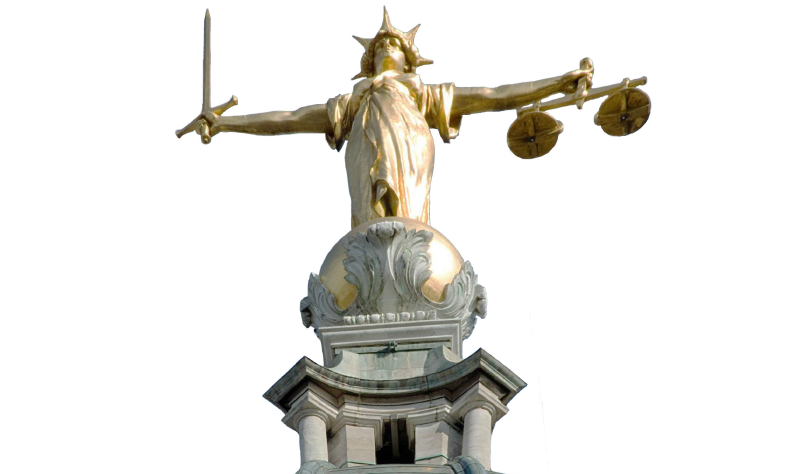 In a major new study for Policy Exchange, Sir Noel Malcolm, leading historian of ideas and Senior Adviser on Human Rights to Policy Exchange, argues that democracy is being eroded by an ever-expanding system of human rights law and condemns the encroachment of the European Court of Human Rights (ECtHR) on democratically-elected parliaments. In Human Rights and Political Wrongs: A new approach to Human Rights law, Sir Noel sets out how:
In a major new study for Policy Exchange, Sir Noel Malcolm, leading historian of ideas and Senior Adviser on Human Rights to Policy Exchange, argues that democracy is being eroded by an ever-expanding system of human rights law and condemns the encroachment of the European Court of Human Rights (ECtHR) on democratically-elected parliaments. In Human Rights and Political Wrongs: A new approach to Human Rights law, Sir Noel sets out how:
- ECtHR rulings have required the UK Government to bring forward measures to give some prisoners the vote, despite Parliament voting explicitly against this
- The ECtHR operates on principles which may seem ‘scientific’ from a distance; but on closer inspection they are incoherently formulated and inconsistently applied
- The ECtHR has in effect changed the terms of the European Convention – a treaty which the original signatory states, including the UK, entered into in good faith
- The UK should leave the ECtHR and replace the Human Rights Act, seeking other ways to provide legal protection for individuals against abuses of state power. This would make the UK resemble other advanced Western nations which are not subject to supranational adjudication but have robust protections in place, such as Canada, Australia and New Zealand.
Criticising the way in which the ECtHR operates, the report highlights that it fails to provide the certainty and predictability required by a proper legal system. The report also highlights how ECtHR decisions have gone beyond the original scope of the European Convention, changing the meanings of words (such as ‘home’, which is now deemed to include business premises), and developing new rights that are nowhere mentioned in the Convention itself (such as the right to respect for ‘personal development’).
In the latest example of how the Court undermines democracy, the Committee of Ministers in the Council of Europe this week discussed, among other things, the UK’s new proposals to comply with the Hirst judgment on prisoner voting. This is despite Parliament having voted overwhelmingly against this and the former Prime Minister David Cameron describing it as making him feel “physically sick”.
Sir Noel reaches the conclusion that the best way to protect human rights and align this protection with democratically accountable government is for the UK to leave the jurisdiction of the ECtHR. He said:
“This unclear, indeterminate, subjective and unpredictable system of human rights adjudication can barely meet some of the most basic requirements of the rule of law. The current system under the European Convention is so dysfunctional and counter-productive that it should be abandoned. With regret, I see no alternative to leaving the Convention
“The Strasbourg Court tries to deduce law from highly abstract principles, in the process inventing ones that are not in the European Convention on Human Rights, such as ‘personal autonomy’. The Convention was not intended to enter the nooks and crannies of local life, not to serve as an all-purpose device to correct minor injustices, and not to undermine democracy by taking more and more areas of policy-making out of the hands of democratic legislatures; on the contrary, it was intended to strengthen and guarantee the conditions of democracy itself.
“Human rights need to be re-thought from the foundations. They are not statements about everything that is valuable about being human; no coherent legal system can be based on that. Rather, they are essential political statements about the limits of state power – the things that governments absolutely must not do to their people. And, since human rights are the fundamental political rights of people under democratic government, they should be protecting democracy, not eroding it.”

